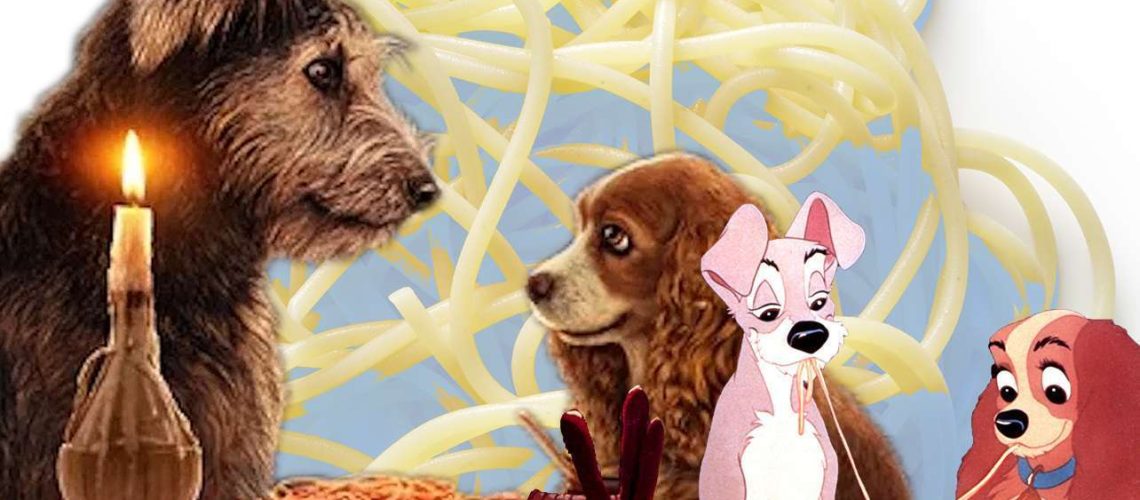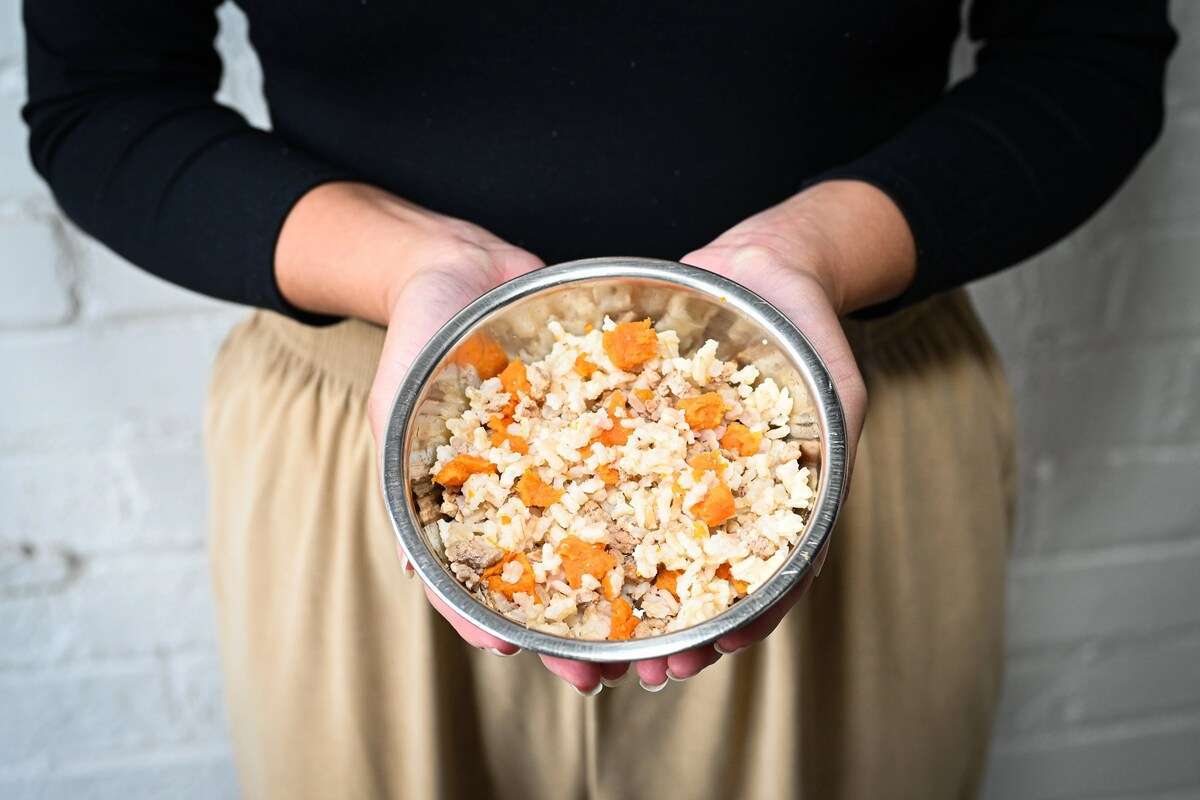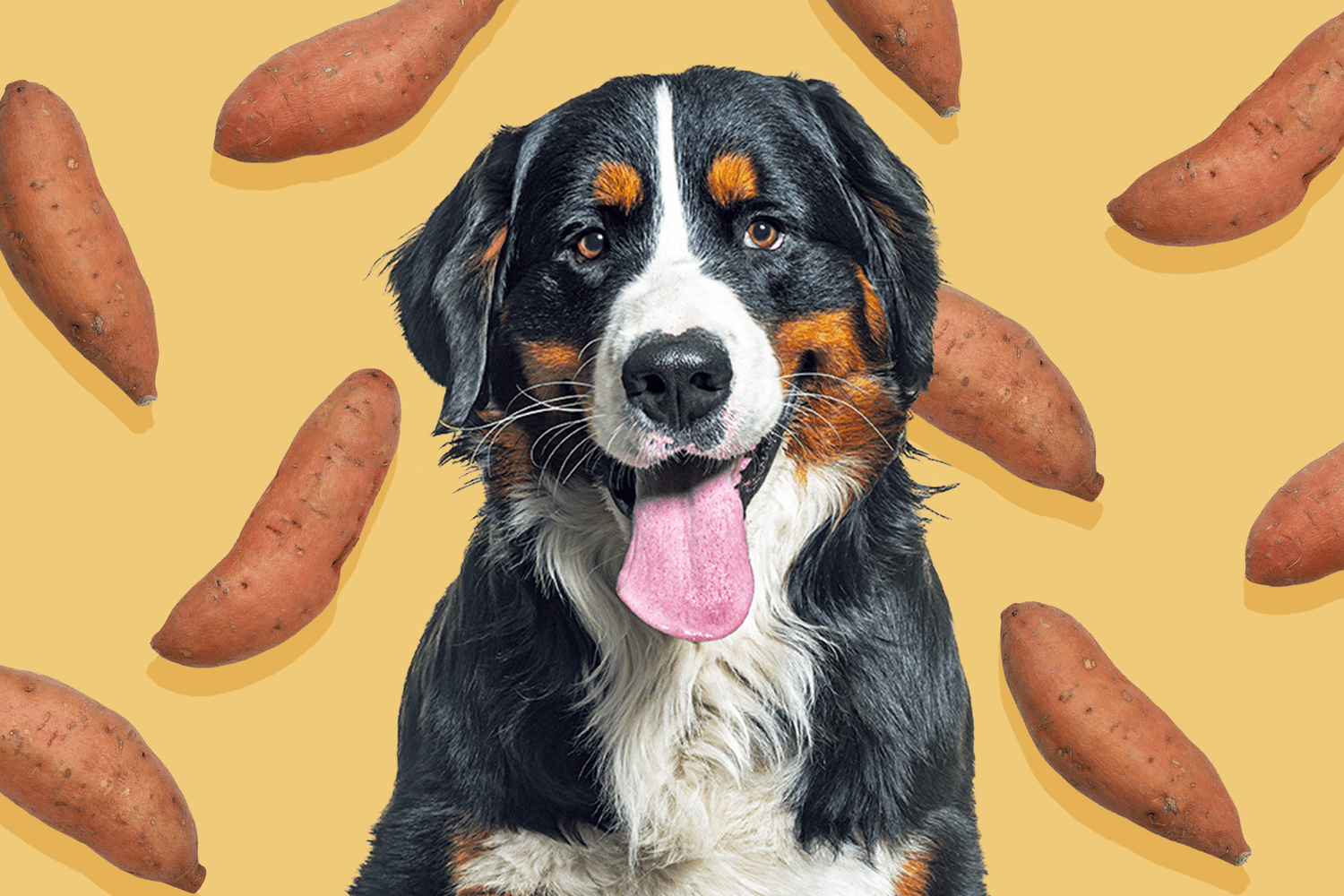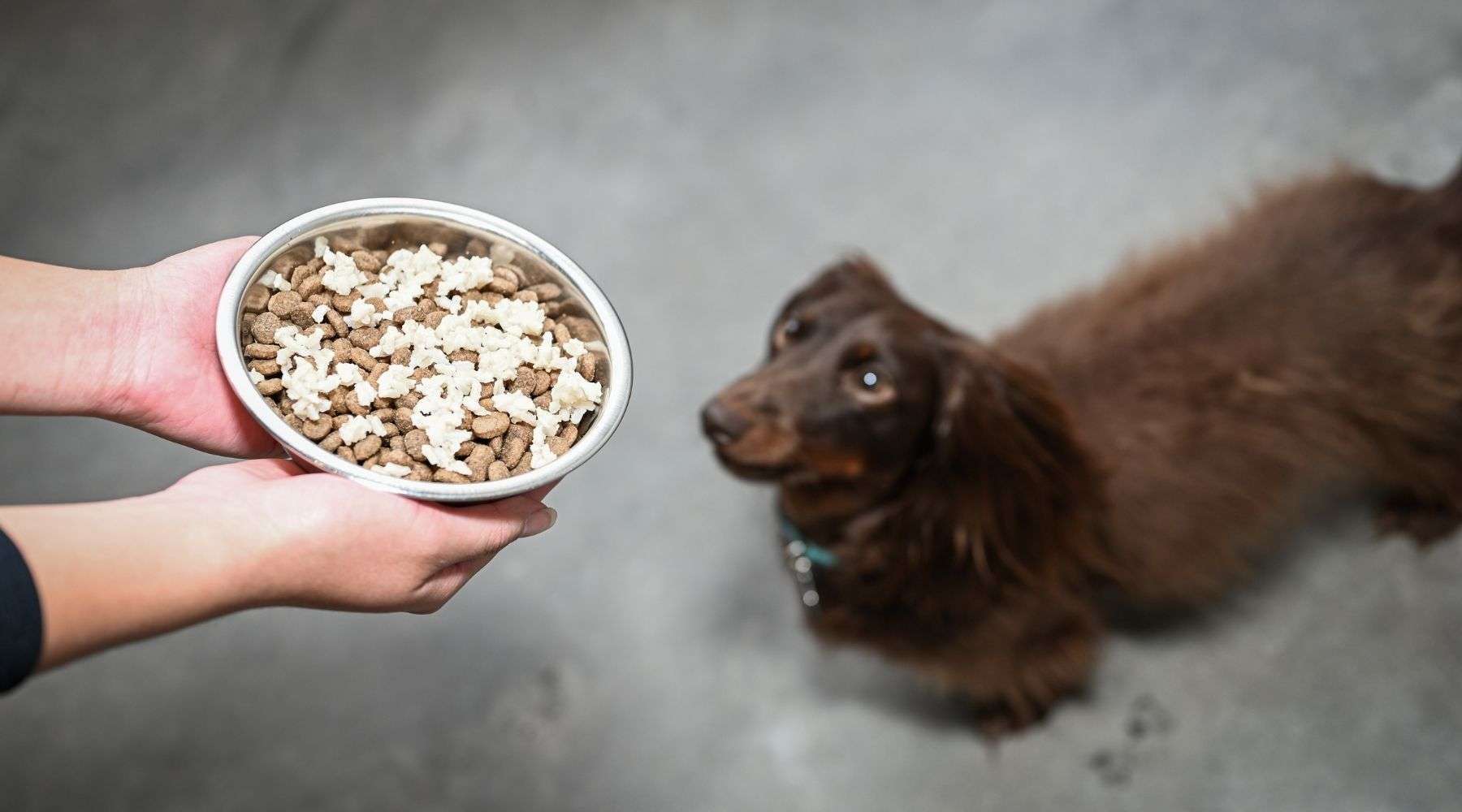Key Takeaways:
- Pasta can be safe for dogs to eat in moderation, but it should not be a regular part of their diet.
- Plain cooked pasta without any sauces or seasonings is the best option for dogs.
- Overconsumption of pasta can lead to weight gain and digestive issues in dogs.
- Pasta contains carbohydrates that may not provide the necessary nutrients for a dog's overall health.
- If you want to give your dog pasta, consult with your veterinarian to ensure it is suitable for your dog's specific dietary needs.
Are you a dog lover? Do you often find yourself wondering what foods are safe to share with your furry friend? Well, today we're going to dive into the topic of whether dogs can eat pasta. This may seem like a simple question, but understanding the answer could have some surprising benefits for both you and your canine companion. So, if you want to learn how to treat your pup to a delicious pasta dish without any worries, keep reading!
What is pasta and why do people like it?
Pasta is a type of food made from flour, water, and sometimes eggs. It comes in many different shapes and sizes, such as spaghetti, macaroni, or penne. People all over the world enjoy eating pasta because it is versatile and can be paired with various sauces, meats, and vegetables. It is also a filling and satisfying dish that can be enjoyed by itself or as part of a larger meal.
One reason why people like pasta is because it is easy to cook. It only takes a few minutes to boil in water until it becomes soft and tender. Additionally, pasta is affordable and can be found in most grocery stores. It is also a great source of energy because it contains carbohydrates, which are the body's main source of fuel.
Is pasta safe for dogs to eat?
Yes, pasta can be safe for dogs to eat in moderation. Dogs are omnivores, which means they can eat both meat and plant-based foods. However, it's important to note that not all types of pasta are safe for dogs. Some types may contain ingredients that could be harmful to them.
When feeding your dog pasta, make sure it does not contain any seasonings or sauces that may be toxic to dogs. Garlic and onion are common ingredients in many pasta dishes but can be harmful to dogs if consumed in large amounts. Plain cooked pasta without any added ingredients or sauces is the safest option for dogs.
Which types of pasta are safer for dogs?
The safest types of pasta for dogs are those made from plain wheat flour or whole wheat flour without any added ingredients such as garlic or onion powder. These types of pasta do not contain any potentially harmful substances and are easier for dogs to digest.
Some examples of safe pasta options for dogs include plain cooked spaghetti, macaroni, or penne. It's important to cook the pasta until it is soft and easily chewable for your dog. Avoid using any sauces or seasonings that may be harmful to dogs.
How should pasta be prepared for dogs?
To prepare pasta for dogs, start by boiling water in a pot and adding the desired amount of plain pasta. Cook the pasta according to the instructions on the package until it is soft and fully cooked. Make sure to drain the water completely before serving it to your dog.
After cooking, let the pasta cool down before giving it to your dog. You can serve it as a standalone meal or mix it with some cooked meat or vegetables for added flavor and nutrients. Remember to avoid adding any seasonings or sauces that may be harmful to dogs.
Are there any risks with dogs eating pasta?
While plain cooked pasta is generally safe for dogs to eat, there are still some risks associated with feeding them this food. One risk is overfeeding. Pasta is high in carbohydrates, so if given in large quantities, it can contribute to weight gain and obesity in dogs.
Another risk is potential digestive upset. Some dogs may have sensitive stomachs and may experience diarrhea or other gastrointestinal issues if they eat too much pasta or if their bodies are not accustomed to digesting grains.
Can dogs have pasta sauce or should it be avoided?
Pasta sauce should generally be avoided when feeding pasta to dogs. Many commercial pasta sauces contain ingredients such as garlic, onions, herbs, spices, or even artificial sweeteners like xylitol that can be toxic to dogs.
If you want to add some flavor to your dog's pasta, it's safer to use plain, unsalted broth or a small amount of cooked meat without any seasonings. Always check the ingredients list and avoid any sauces that may contain harmful substances for dogs.
What are some alternative foods for dogs if they can't have pasta?
If your dog can't have pasta or you're looking for alternative food options, there are several other safe and nutritious foods you can consider:
- Lean meats such as chicken, turkey, or beef (cooked thoroughly without seasoning)
- Fish (cooked and deboned)
- Vegetables like carrots, green beans, or sweet potatoes (cooked until soft)
- Plain cooked rice or quinoa
- Plain boiled or scrambled eggs
Always consult with your veterinarian before making any significant changes to your dog's diet to ensure they are receiving the appropriate nutrients and portion sizes for their specific needs.
In conclusion, dogs can eat pasta in moderation as long as it is cooked plain without any seasonings or sauces. However, it is important to remember that their main diet should consist of dog food that provides all the necessary nutrients for their health.
Is cooked pasta OK for dogs?
Dogs can usually eat plain pasta, whether it is cooked or uncooked. Pasta is typically made from basic ingredients such as eggs, flour, and water, which are safe for dogs to consume.
How much pasta can I give my dog?
As per Dr. Burch's recommendation, pasta should not exceed 10% of your dog's daily calorie intake, including any snacks. However, if you are using pasta as part of a bland diet to alleviate your dog's upset stomach, it is advised to consult your veterinarian.
Can I give my dog spaghetti?
When it comes to spaghetti and pasta sauces, it is best to be cautious, especially during holiday times. If you don't know every single ingredient in the sauce, it is better not to give it to your dog. If you really want to share your spaghetti dinner with your dog, a plain strand without any sauce will be sufficient.
Is pasta better for dogs than rice?
Dogs have the ability to consume potatoes, pasta, and rice. It is suggested to opt for wholegrain pasta and rice, although basmati rice is also a suitable choice. These foods are an excellent source of necessary resistant starches to include in your dog's diet. More information about this will be discussed later.
Can a dog eat scrambled eggs?
It is acceptable to give your pet scrambled eggs occasionally, as long as they are plain and do not contain any salt, pepper, or butter. However, it is recommended to avoid sharing your breakfast with your pet, as our human food often contains seasonings that can be harmful to their health.
Can I mix pasta with dog food?
If your dog doesn't have an allergy to gluten or wheat, pasta is a suitable option because it typically contains basic ingredients such as flour, water, and eggs, all of which are beneficial for dogs.

















